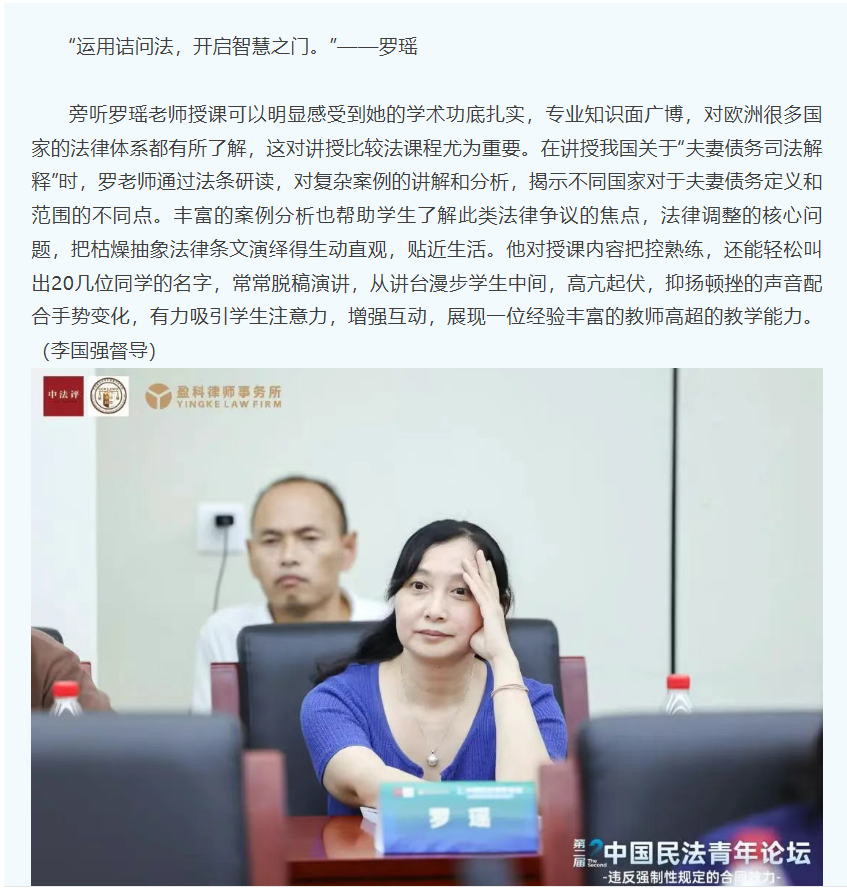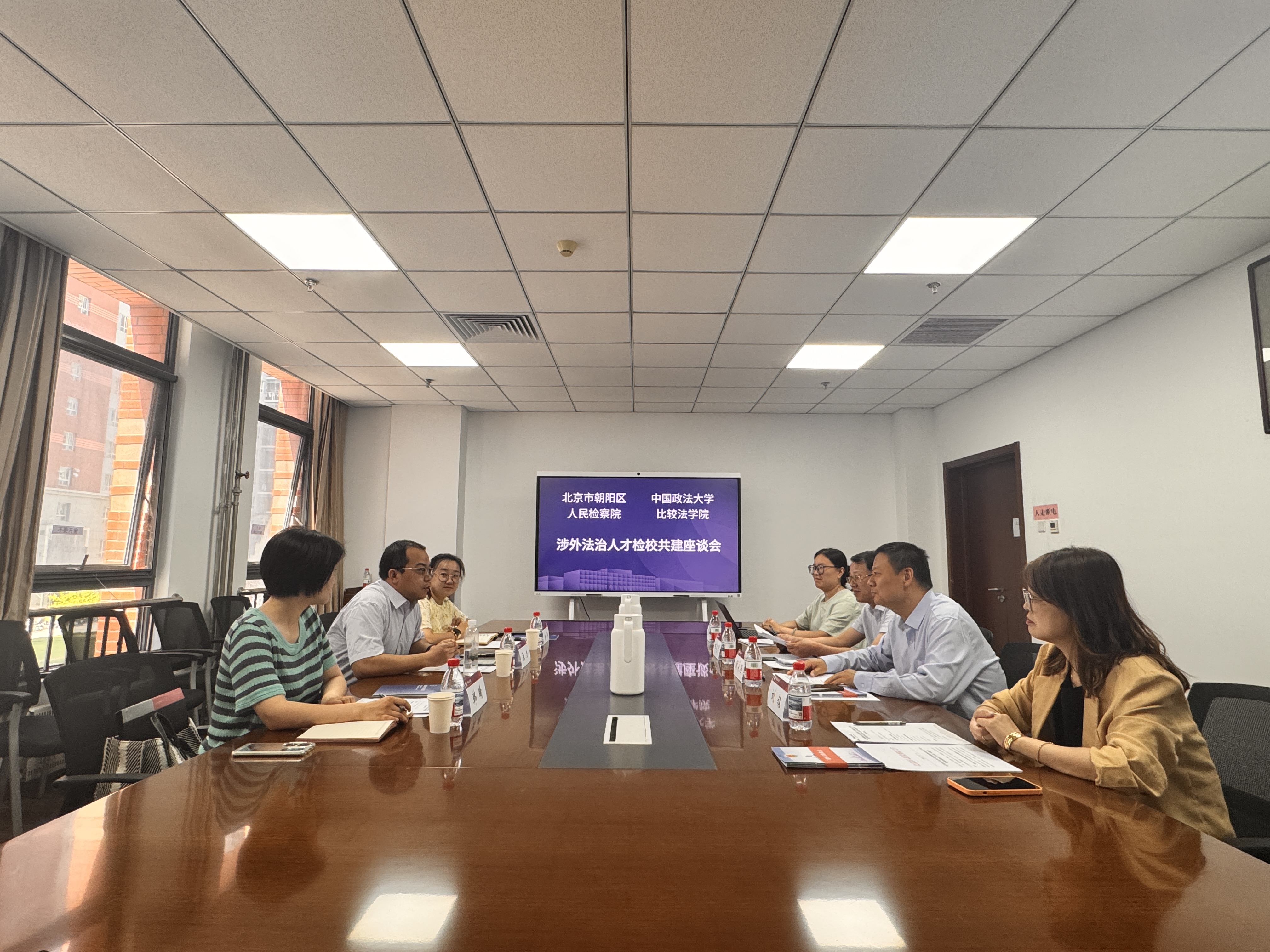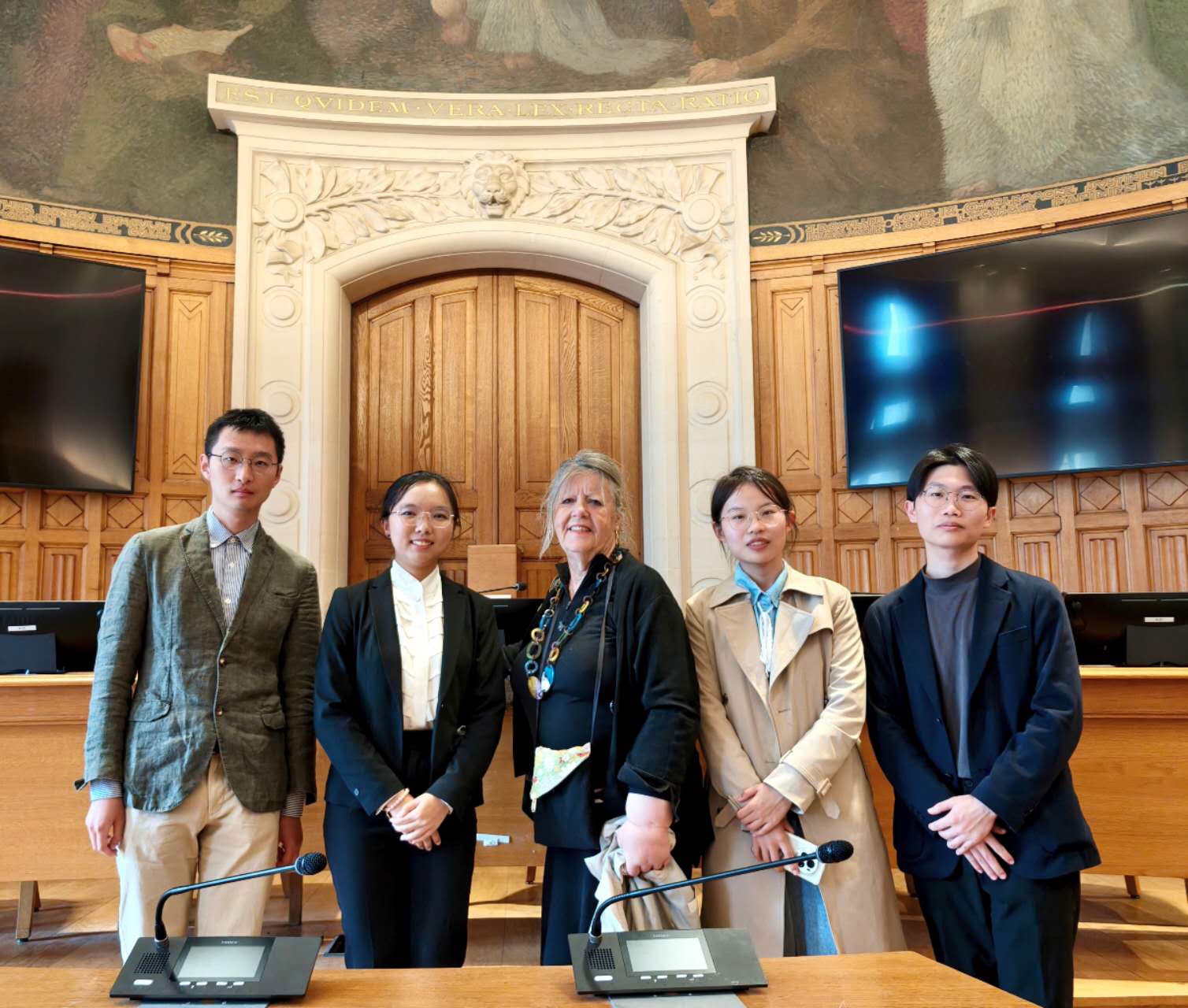The College of Comparative Law, in collaboration with the Health Law Research Centre of CUPL, successfully hosted the second seminar in the ongoing series on the Codification of Health Law on 16 June.
Entitled ‘Framework Design and Implementation Pathways’, the event was held in Beijing in a hybrid format, both online and on-site, and aimed to further implement the guiding principles of the 20th National Congress of the Communist Party of China and the core tenets of Xi Jinping Thought on the Rule of Law and health governance. The seminar focused on promoting academic consensus and advancing legislative planning for the Health Law Code, while addressing key theoretical and practical issues in building a socialist health governance system with Chinese characteristics.
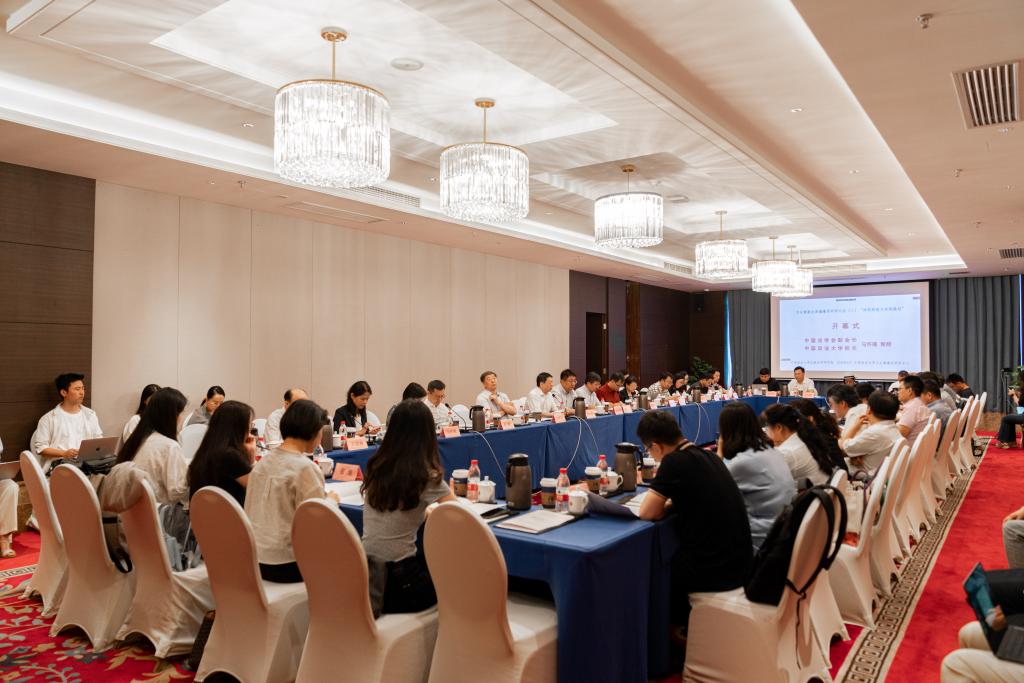
Nearly 50 experts and scholars from state institutions, universities and research institutes participated in the discussions. These included representatives from the Education, Science, Culture and Public Health Committee and the Environment and Resources Protection Committee of the National People’s Congress (NPC), the Legislative Affairs Commission of the NPC Standing Committee, the Ministry of Justice, the National Health Commission, as well as scholars from the Peking University, Tsinghua University, Renmin University of China, Wuhan University, Jilin University, Chinese Academy of Social Sciences, Peking Union Medical College, CUPL, and many other institutions.
The opening ceremony was chaired by Professor Jiao Hongchang from CUPL’s School of Law. Speeches were delivered by CUPL President Ma Huaide, Director-General Zhao Ning of the Department of Policies and Regulations at the National Health Commission, and former Director Yuan Jiexian of the Administrative Law Office at the Legislative Affairs Commission of the NPC Standing Committee.
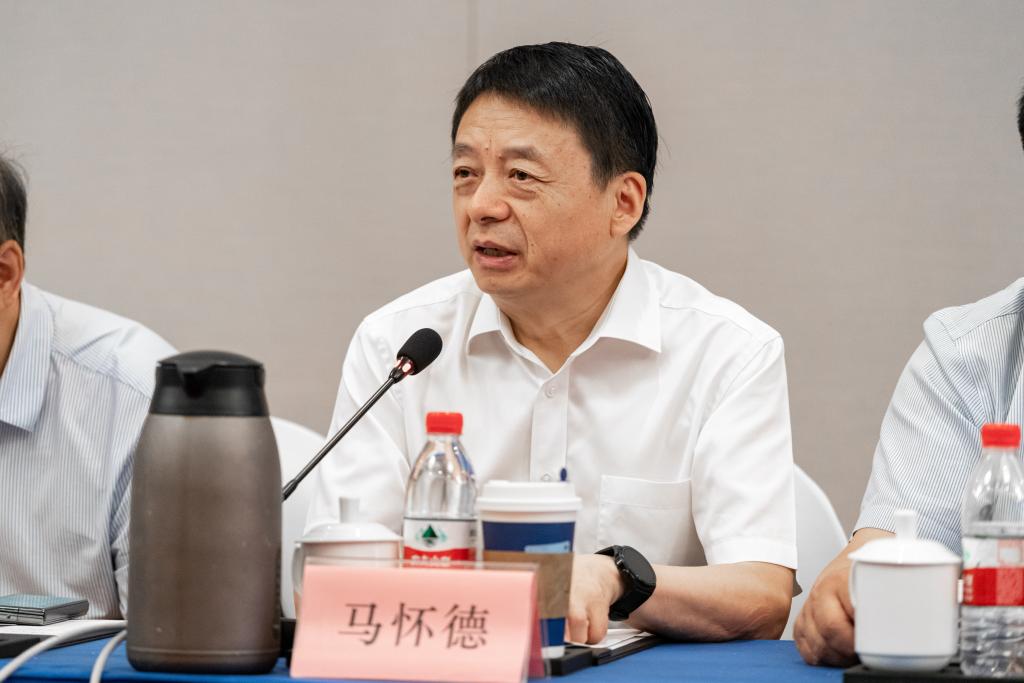
Ma highlighted both the necessity and feasibility of codifying a Health Law Code, noting that legal regulation of the healthcare sector is a key feature of a modern nation and a critical step toward achieving Chinese-style modernisation. Zhao observed that the codification effort has garnered increasing attention from across society and could serve to both synthesise existing norms and fill legal gaps. Yuan emphasised that codifying a Health Law Code reflects a people-centred development approach and aims to enhance public well-being through the rule of law. However, he also cautioned that codification is a highly complex and iterative process requiring continued theoretical innovation and responsiveness to China’s unique legal challenges.
Following the opening remarks, Professor Xie Zhiyong, Dean of the College and Director of the Health Law Research Centre, delivered the keynote address titled ‘Content and Structure of the Health Law Code’. He advocated for a moderately codified approach, drawing lessons from the Civil Code’s stepwise drafting—beginning with general provisions to establish overarching principles, scope of application, and basic rights and duties, followed by five specialised books covering medical law, pharmaceutical law, public health law, healthcare security law, and bioethics law.
To deepen the understanding of codification experiences, a special session on the Reflections and Lessons on Code Drafting featured keynote reports by Lyu Zhongmei, Vice Chair of the NPC’s Environment and Resources Protection Committee and Vice President of the China Law Society, Professor Qin Tianbao, Dean of the School of Law of Wuhan University, and Professor Wang Lei, Member of the Secretariat of the Civil Code Drafting Project under the China Law Society and Professor at Renmin University of China. Lyu outlined eight conditions for code readiness, capability, foundation, value, significance, volume, weight, demand, and consensus. She also emphasised the importance of recognising the political nature of codification, the need for a robust knowledge framework, and the practical demands of a new-generation code.
The seminar was structured around two core themes, the Framework Design and the Implementation Pathways, moderated by Professor Shen Weixing of Tsinghua University School of Law and Professor Wang Yue of Peking University’s Institute for Medical Humanities, respectively. Participants engaged in lively and in-depth exchanges on the scope, guiding principles, structure, legislative techniques and logic of the proposed Health Law Code. The discussions yielded a number of valuable insights.
As the second session in a continuing series jointly organised by the College of Comparative Law and the Health Law Research Centre, this seminar successfully served as a platform for dialogue between theoretical and practical communities in the field of health law. It contributed meaningfully to building consensus and forging cooperation in support of the codification of a comprehensive Health Law Code in China.







